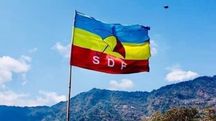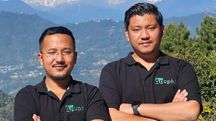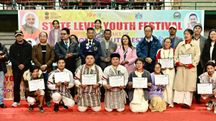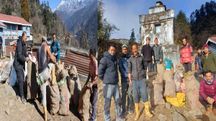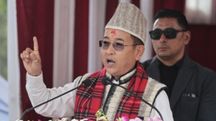Former CM Pawan Chamling shares his experience of making Sikkim a fully organic state
The SDF President said that his conviction on sustainable development and the green economy has increasingly been augmented as he had seen how these steps helped Sikkim become a model state.
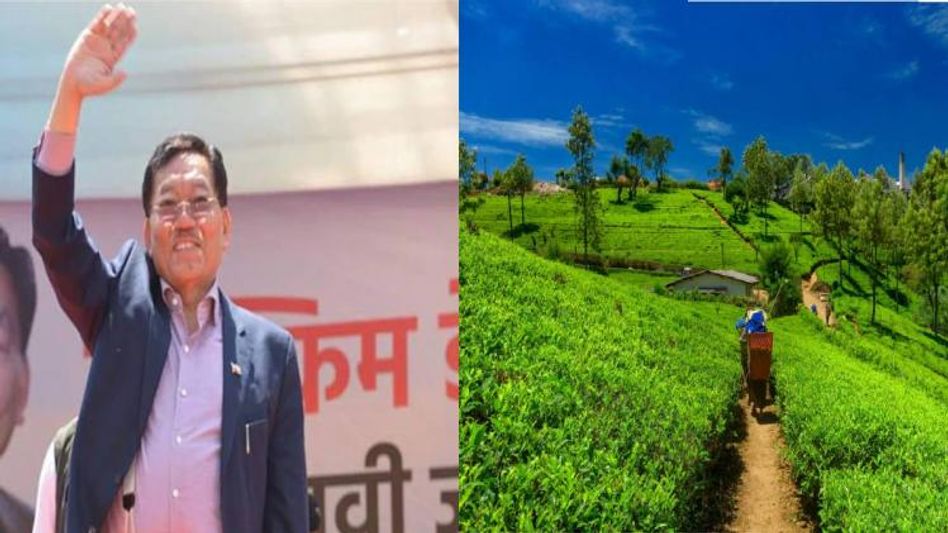 Former CM Pawan Chamling shares his experience of making Sikkim a fully organic state
Former CM Pawan Chamling shares his experience of making Sikkim a fully organic stateFormer Chief Minister and Sikkim Democratic Front (SDF) president Pawan Chamling on January 22 said that the idea of making Sikkim a fully organic farming state came as a response to his increasing awareness about the deteriorating condition of nature and our environment.
"I was born into a different world in the sense that our lifestyle used to be more nature-friendly. But as I grew up, the world began to look different and all the unwanted changes were due to human activities. When I became Chief Minister of Sikkim, I wanted to use my office to give back to nature and planet earth as much as we could by way of the adaptation of green policies.", he said.
"Right after a month in office as Chief Minister, I declared 1995 “Harit Kranti Varsha” (Green Revolution Year) and then 2000-2010 was later declared as “Harit Kranti Dasak” (Green Revolution Decade). We came up with a series of policy decisions and notifications such as recognising wildlife sanctuaries, the establishment of a biodiversity park, eco-clubs in schools, framing eco-tourism policies, bans on grazing, plastic, cutting, lopping and collection of dhupi leaves, killing of wild animals, collection of medicinal plants and non-timber forest produce, burning of agricultural wastes and diclofenac sodium.", he added.
The SDF President said that his conviction on sustainable development and the green economy has increasingly been augmented as he had seen how these steps helped Sikkim become a model state. "We started massive afforestation programs. Our innovative and pioneering programs such as Ten Minutes to Earth, Smriti Van, Mit with Tree (Ceremonial friendship with tree as per old tradition), Tree Adoption and Heritage Tree became Sikkim’s major activities. We also brought about a revolution in establishing clean industries. Sikkim became the only state to have recorded a 4 percent increase in forest cover from 43.95% in 1993 to 47.62 percent in 2017. Sadly, it has been decreasing again from 2018.", he said.
"I was voted the “Greenest Chief Minister of India” in 1999 by the Centre for Science and the Environment (CSE) – a record that remains unbroken to this day.", he further said. He said that he knew that Sikkim needed to show the world that the state can do much more for the conservation of planet earth than what was being done. Organic farming was one such mission that he knew could make a massive change in how we live. He said he raised the matter concerning organic farming in National Development Council meetings from 1996 to 2002, hoping that a national policy would be framed.
"Finally, on 22 January, 2003, I shared my long-cherished idea with the people of Sikkim in a Janta Mela in Rangpo and on 24 February, 2003 a resolution was passed in the State Legislative Assembly.", he said. "I am so thankful for how wholeheartedly the Sikkimese farmers welcomed the decision and worked relentlessly to convert Sikkim into the world’s first organic state in 2016. It was a roller coaster journey. The idea was not well accepted initially. The then Agriculture Secretary even resigned from his post, saying that it was an impossible mission. There was general apprehension for obvious reasons. This had never been tried by any other government on such a large scale. There was no model to replicate. Moreover, the Sikkim government had to forfeit a huge benefit received in the form of fertilizer from the Centre.", the former Sikkim Chief Minister said.
Copyright©2026 Living Media India Limited. For reprint rights: Syndications Today
